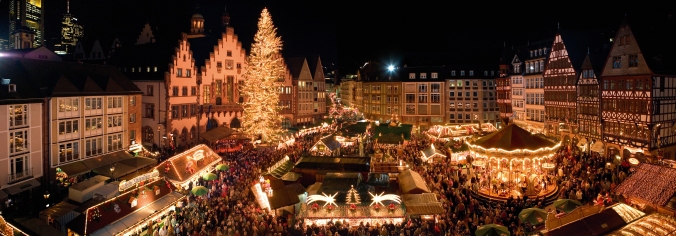If you are living in Germany at the moment, you must have become aware by now that the fifth season is upon us all. It is time for the big carnival season in Germany to draw to a close. In the last few days, I have met people in every conceivable costume from Darth Vader and the Stormtroopers to soldiers to animals.
Carnival season is often called Germany’s fifth season and begins on 11 November each year at 11:11 and ends on Ash Wednesday of the next year. This year the Ash Wednesday will fall on the 18th of February. The biggest celebration of carnival season though is on Rose Monday (called Rosenmontag in German) which is the coming Monday (16th February). Carnival is known by many names in Germany: its called Karneval in the Rhineland where I live, Fasching in the south and east of the country, and Fastnacht in Baden-Württemberg and parts of Bavaria. Each brand of carnival has different traditions associated with it. Since I live in the Rhineland, I will talk about Karneval. Continue reading




